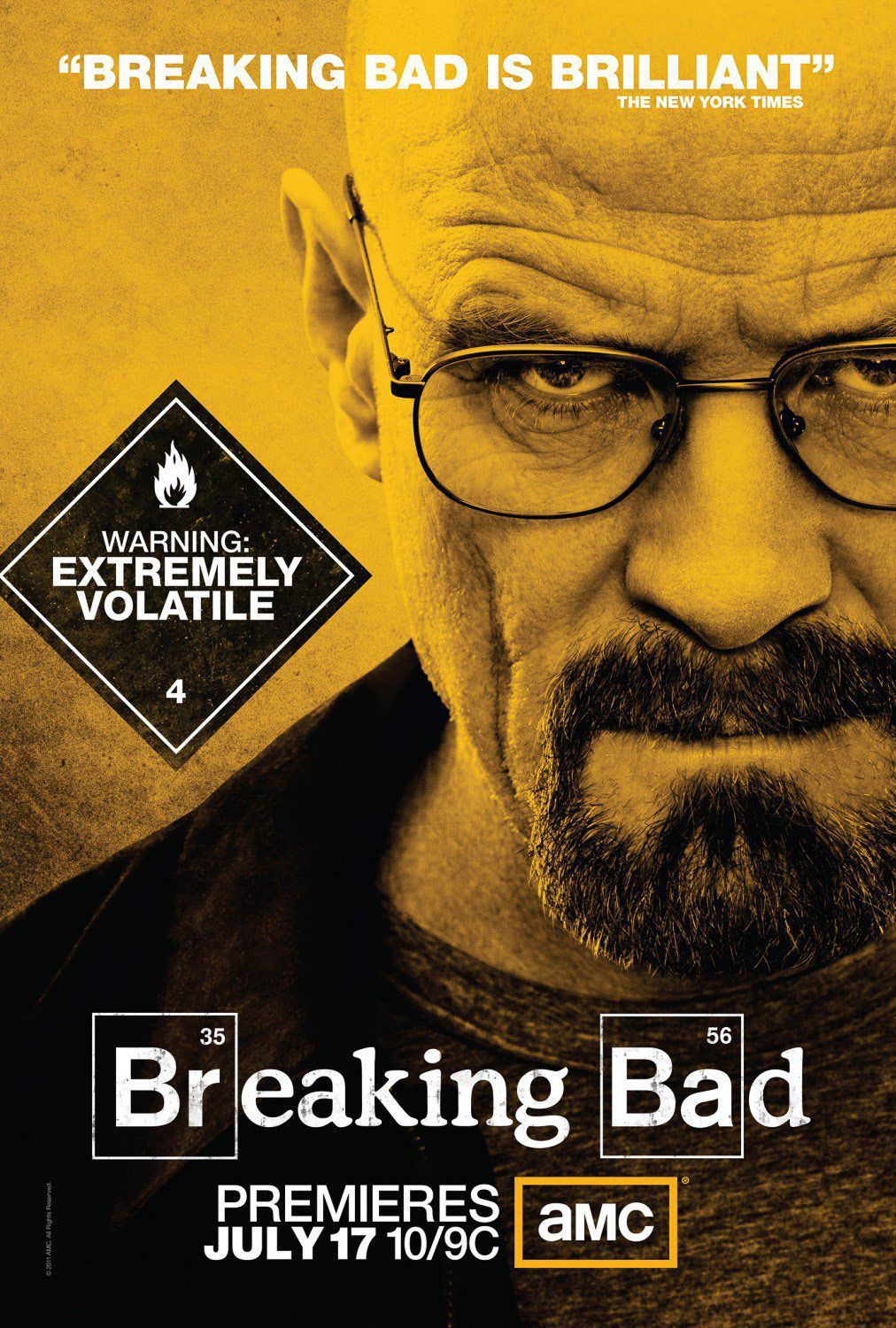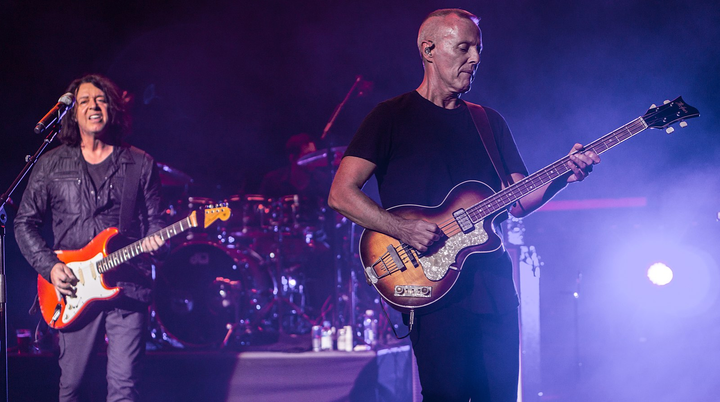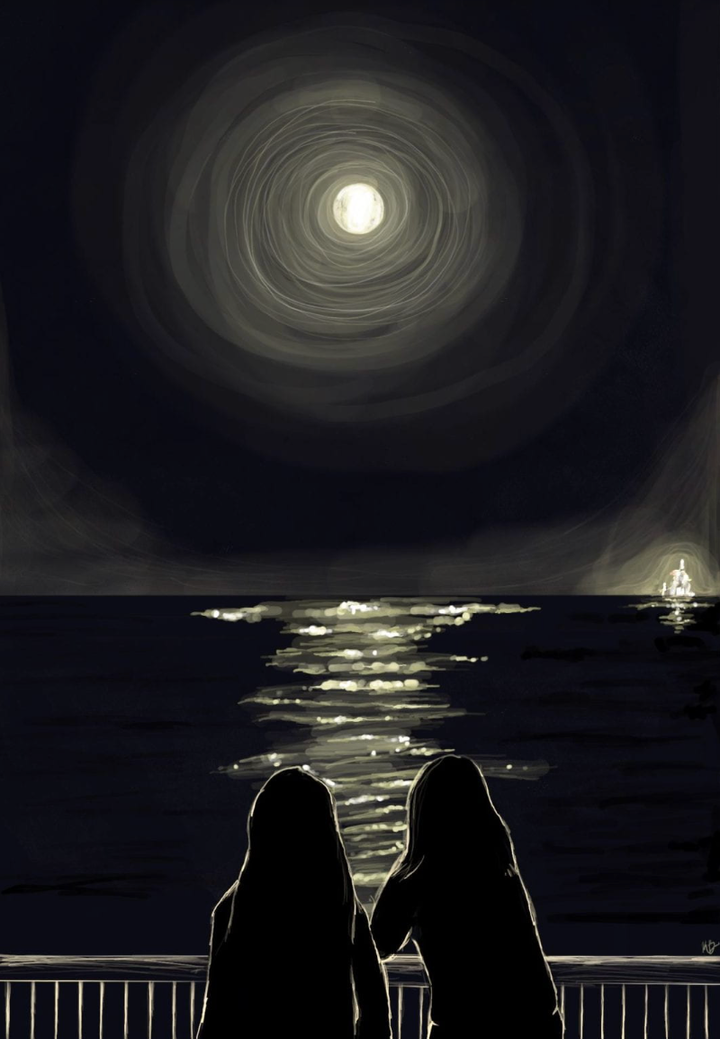Breaking the Ice with Breaking Bad

For the past three months, we have studied remotely from the hamlet of Gill, Mass., population 1,500. You’d think that since we can’t go anywhere, we would see a lot of each other, perhaps hanging out in common areas and bumping into each other in the kitchen. Though that’s true, it sometimes felt as if we had gone days without seeing each other — too often, we retreated into our rooms and our Zooms. So that’s why we decided to watch exactly one episode of “Breaking Bad” every night at 10 p.m. sharp.
For those of you unacquainted with the show, “Breaking Bad” is a critically-acclaimed drama that ran from 2008-2013. It tells the story of the dark and winding moral decline of a chemistry teacher turned meth dealer named Walter White. At first glance, it doesn’t seem easy to escape from the stress of a remote semester into the violent, manipulative and suspenseful world of “Breaking Bad,” but its expansive desert landscapes let us forget all about our classwork and loneliness. Each scene — whether it was a meth-cooking montage or a fraught moment between Walt and his wife Skyler — brought us cathartic relief.
Incredibly, we flew through the first few seasons without missing a single night. Every day, we could rely on the fact that “Breaking Bad” would shine out of the television in the living room, drawing us like moths to a light. The fact that we all managed to make time for the show every night, despite our busy schedules of classes, internships and cooking, tells a story in its own right. For us, “Breaking Bad” wasn’t just a source of great entertainment, it was our community as well. At the end of the show, we commemorated the finale with a “Breaking Bad” themed dinner complete with Los Pollos Hermanos fried chicken (if you know, you know) and a failed attempt at rock candy “blue meth.”
But our ritual didn’t stop with the show’s ending credits. Somehow, “Breaking Bad” drew us into its madness and sparked long conversations about Walt’s morals and his partner Jesse’s culpability. As soon as an episode finished, we’d jump up and start talking, often spending more than an hour each night dissecting (and more than occasionally arguing over) the episode in question.
“Breaking Bad” also meant special things to us individually. Samuel, a noted introvert, usually avoids watching TV in groups and even initially opted out of watching the show, but, as he passed through the living room during the second episode, the show’s ahead-of-its-time cinematography caught his eye, then its high-quality writing held him. Its compelling plot and characters kept him for all five seasons. The show helped lure him out of his room on days he otherwise would have kept to himself.
For Emi, “Breaking Bad” was a big check mark on the bucket list. She remembers her parents watching the show during its original airing and coming downstairs as a ten-year-old to get a late-night snack only to be shooed back up as they shielded her from the violence of the show. They constantly raved about it but never delved into the gory details, making her wonder just what the big fuss was about. Emi, who apart from the Amherst dorms had never lived away from home, was daunted by being an adult for the first time. The neo-Western felt like a rite of passage into adult pop culture that she had finally crossed. She now has two more tools to return home with: how to load a dishwasher, and how to dissolve a body in acid.
Caroline thought that “Breaking Bad” was one of the best television shows she had ever seen, and it inspired her to write a comparative analysis between Miguel de Cervantes’s “Don Quixote” and “Breaking Bad” as a final for her seminar on Cervantes’s magnum opus. In it, she wrote “to enter these texts is to remind ourselves that what it means to be human is to have another at your side, no matter how crazy they are.” To a certain extent, this is the lesson we learned after watching the series together over the course of the semester.
Despite a handful of insensitive jokes, “Breaking Bad” has aged surprisingly well and fits like a glove into the turbulent political landscape of today. Topics such as expensive healthcare, white supremacy, police brutality, vigilantism, gang violence, immigration and the “war on drugs” were at the center of the series’s plot. Walt’s brother-in-law and main antagonist — a “cowboy cop” in the Drug Enforcement Administration who isn’t afraid to play fast and loose with the rules and a suspect’s rights, but he gets results god-damn-it — was never squeaky clean, but now comes off as more morally questionable than the writers probably intended. That said, the show’s nuanced portrayal of the toxic masculinity which motivates both Walt and his brother-in-law fits perfectly into the zeitgeist, even a decade later.
Now that our “Breaking Bad” journey is over, we’ve had to find something new to watch together. At the moment, we’ve exchanged the dark and violent moral decline of Walter White for the light-hearted adventures of five Irish teenagers in Netflix’s “Derry Girls.”
The body count may be lower, but the fun continues.





Comments ()